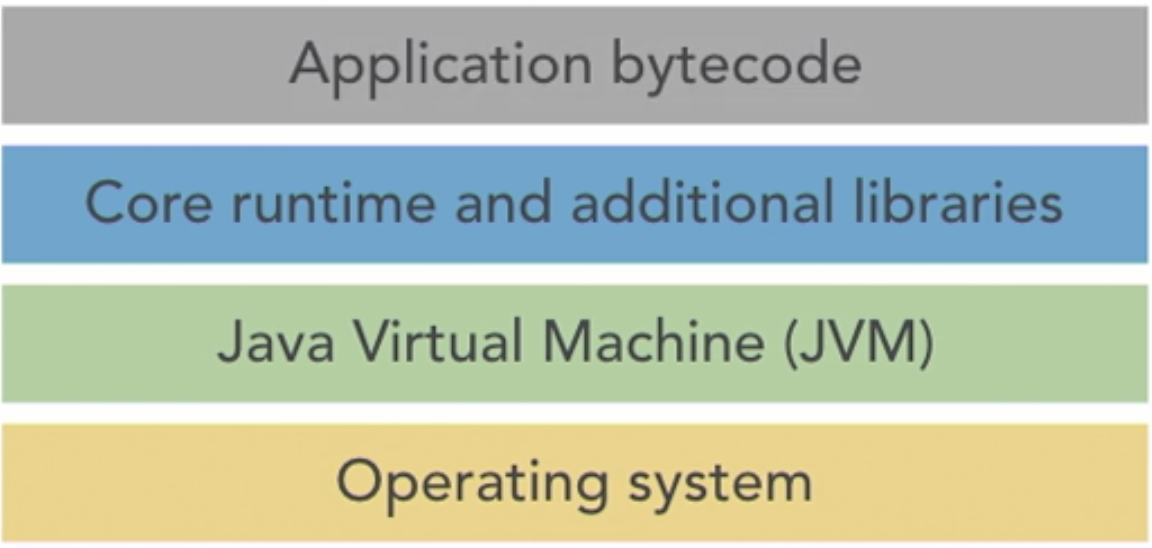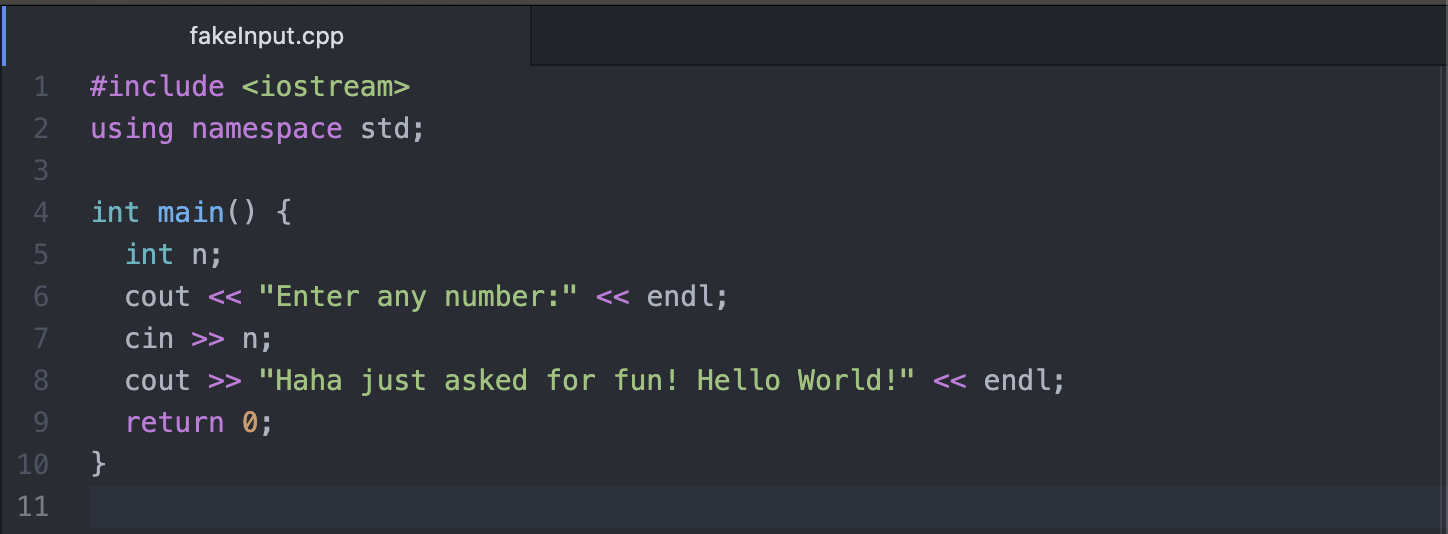[Java] #1 Java11: Intro
This is a self note while taking the online course from: LinkedIn Learning: Java 11+ Essential Training by David Gassner
1. Principle of Java
- Simple, object-oriented, and familiar
- Robust and secure –> designing everything as object
-
Architecture neutral and portable
- compiles to byte code (not machine code) –> can be loaded on any operating system that has a Java virtual machine
-
applications are portable between platforms without recompiling
Java runtime architecture:

- High performance
- Interpreted, threaded, and dynamic
- compiled to a format that’s interpreted at run time (directly machine code X) ==> interpreted
- easy to build application do more than one thing at the same time ==> threaded(multi-threads)
2. Java syntax
-
Java Class file
- all code is defined in classes
- java source code (.java file) can be compiled using javac command
- java command runs the compiled bytecode file with JVM
pacakge com.example; // 1) public class Main { // 2) public static void main(String[] args) { System.out.println("Hello World"); } }-
- package declaration: indicates where the file is stored in terms of the directory structure of the application (organizing the code)
-
- class declaration: class name + class members + main method
-
Identifier Conventions
- Classes start with an uppercase character
- Method, variables start with an lowercase character
- Constants are all uppercase
3. Memory Management in Java
- Java automatically allocates and deallocates memory as needed (in runtime)
- Local variables, function calls –> Stack
- Objects, member variables –> Heap
- Objects are reatained in memory until dereferenced
- After dereferenced –> Garbage Collector
Tips for memory management:
- minimize the number of objects
- use System methods to check memory usage (Runtime.maxMemory(), Runtime.totalMemory(), …)

